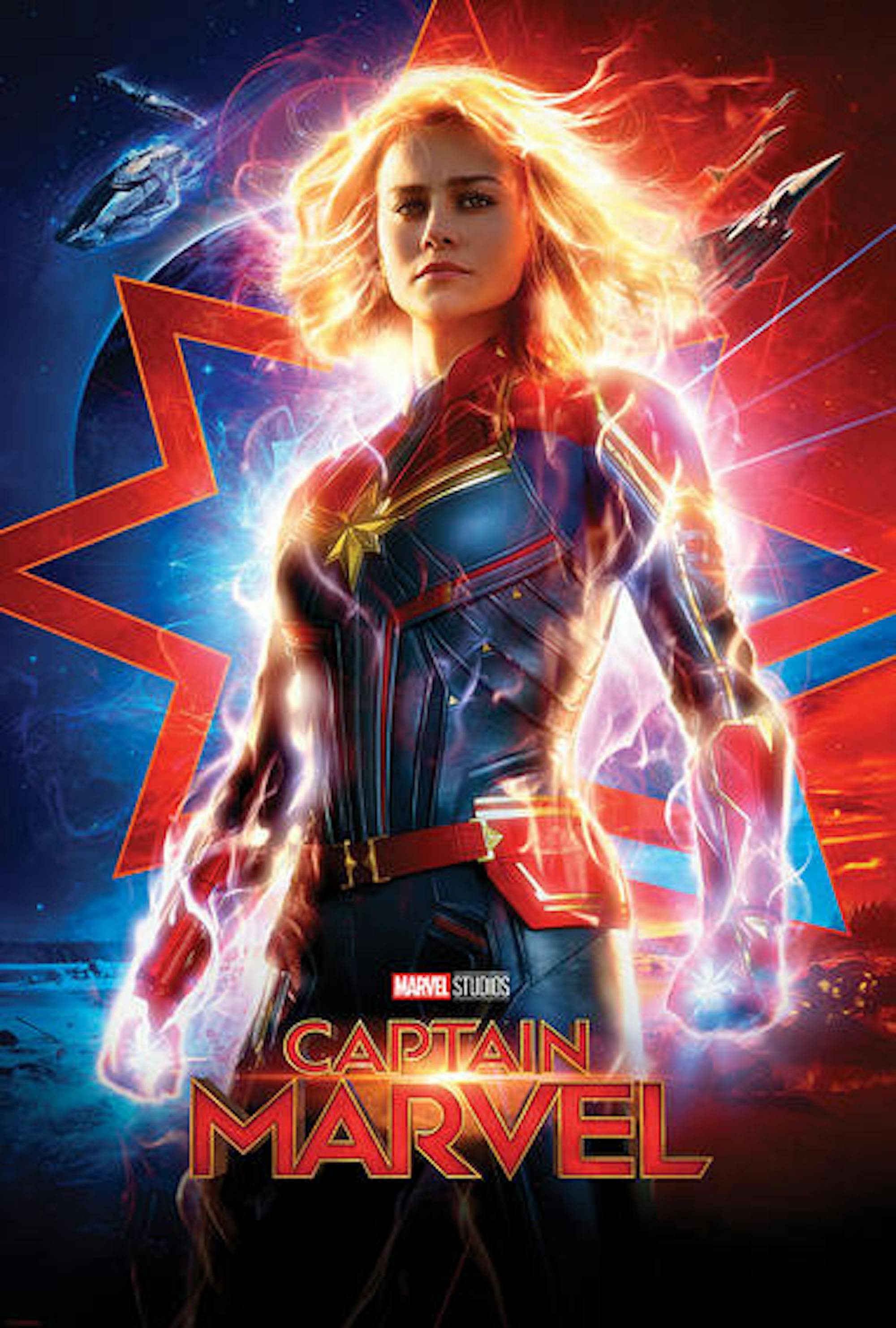“Captain Marvel” (2019), the latest installment in the Marvel Cinematic Universe, did not hit theaters until March 8. That did not stop users on Rotten Tomatoes, the online movie review aggregator, from voicing their opinions weeks before the premiere. “Tired of all this SJW [Social Justice Warrior] nonsense,” wrote a user called “Jonathan B.” Another user commented that the movie was “a complete disaster.” The audience score for the film reached an astonishing low of 27 percent — all before said audience got the chance to watch it. On February 25, Rotten Tomatoes announced that they plan to remove the ability to comment on a movie before its release, citing an “uptick in non-constructive input, sometimes bordering on trolling.”
This coordinated “review-bombing” was just one of the ways in which online trolls attacked “Captain Marvel,” and in particular, its star, Brie Larson. YouTube is full of videos with titles such as “Brie Larson is ruining Marvel!” and calls to boycott the film. The release of the first trailer for the movie resulted in many Twitter users calling Larson’s acting “wooden” and saying she looked bored. One Twitter user even photoshopped a smile onto Larson’s face in several screencaps from the trailer, echoing the harassment women frequently endure in the form of calls to “smile more.”
What prompted the trolls to come out in full force against “Captain Marvel?" It partly stems from opposition to Larson’s activism and social commentary. As the lead in Marvel’s first female-led superhero film, Larson has been outspoken about the importance of this role. She told Entertainment Tonight that she had talked to Marvel about making a “big feminist movie,” and sees Captain Marvel as a role model for strong women. Larson has also called for more diversity among film critics, noting in a profile with Marie Claire that press rooms are too often “overwhelmingly white male.” Men’s rights activists online took particular offense to this, claiming that Larson had engaged in “hate speech” against white men and promising to boycott the film.
But this type of reactionary trolling is not limited to Brie Larson or “Captain Marvel.” The push for more diversity in Hollywood has led to a recent wave of highly profitable and critically acclaimed blockbuster movies starring women and people of color. Unfortunately, these releases are often met with racist and misogynistic harassment online. The “review-bombing” technique on Rotten Tomatoes was also used to target “Black Panther” (2018) and “Star Wars: The Last Jedi” (2017); a Facebook profile called “Down with Disney’s Treatment of Franchises and Its Fanboys” claimed credit for both campaigns. Perhaps the most serious and damaging example of this behavior occurred in response to the all-female remake of “Ghostbusters” (2016). Actress Leslie Jones, who starred in the film, became the target of an onslaught of horrific sexist and racist abuse on Twitter. Trolls also hacked her personal website to display stolen personal information and what appeared to be nude photos of Jones.
Trolling and cyberharassment are often part of online gatekeeping — an effort to keep 'undesirable' people (usually women, people of color, queer people, etc.) out of certain spaces. Recall the 2014 “#Gamergate” controversy, in which female journalists and designers in the gaming community were targeted by sexist harassment and threats of violence. The movement masked itself as an assertion of ethics in video game journalism, but quickly devolved into a systematic effort to drive women out of a community men saw as their own. Franchises like Marvel Comics and “Ghostbusters” also have traditionally male-heavy fanbases. When new film installments of these stories diversify the characters and market to women and people of color, some of these fans see it as an infringement and lash out.
Trolling is a frustratingly persistent problem, and there is no easy way to prevent online harassment. However, the response to the “Captain Marvel” controversy shows glimmers of hope. In addition to Rotten Tomatoes’ decision to take action, YouTube tweaked its algorithm to bury the most offensive videos by designating “Brie Larson” as a “news-worthy search term,” meaning that the top results for her name are now from credible outlets.
Despite the trolls’ best efforts, however, “Captain Marvel” debuted with great success. The film earned an impressive domestic $154 million its opening weekend, and has continued to rake in returns since. This kind of profit virtually guarantees more “Captain Marvel” films down the line. Fans voted with their dollars, and they far outnumber the angry voices on the Internet.
'Captain Marvel' and the persistent fight against Internet trolls

The promotional poster for 'Captain Marvel' (2019) is pictured.





